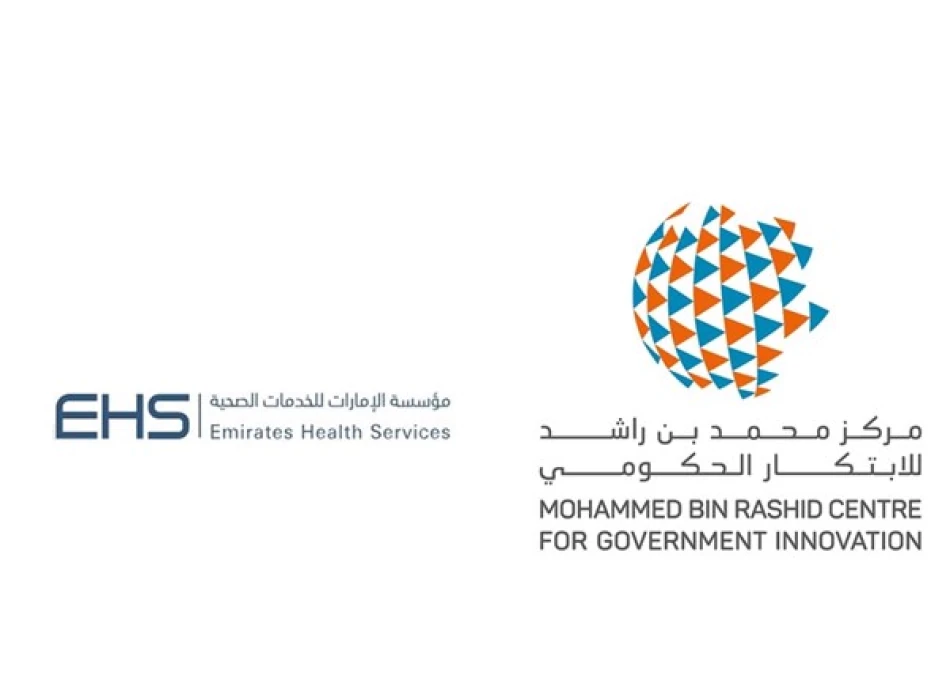
Emirati Breakthrough in Artificial Memories to Aid Alzheimer's Treatment
UAE Launches First AI-Generated Memories Program to Treat Alzheimer's Patients
Dubai's Al Amal Mental Health Hospital has started the first clinical trials in the Middle East using artificial intelligence to create personalized digital memories for Alzheimer's and dementia patients. The program recreates fading memories through AI-generated visual content, marking a significant shift in how mental health professionals approach memory-related disorders.
How AI Memories Work in Practice
The technology works by collecting information from patients or their families about personal experiences and historical contexts. AI then generates visual content that recreates these memories in a therapeutic setting. Early results show patients display higher emotional engagement and better therapeutic responses when viewing their personalized content during treatment sessions.
The program launched in partnership with Spanish company Domestic Data Streamers, following specialized training for mental health professionals. Clinical staff reported that watching memories through realistic images and videos adds a deeper therapeutic dimension to traditional treatment approaches.
Cultural Integration Sets UAE Apart
What makes this program unique is its focus on local cultural context. The Mohammed bin Rashid Centre for Government Innovation collected archival photos from different periods of UAE history, including materials from the 1950s and 1960s before the country's unification. Researchers and regional history experts analyzed these images to ensure cultural accuracy in the AI training model.
This cultural grounding addresses a common problem in AI healthcare applications - the lack of locally relevant content that resonates with patients' lived experiences.
Global Context and Market Implications
The UAE's approach contrasts with memory care innovations in other markets. While countries like Japan focus on robotic companions for elderly care and the US emphasizes pharmaceutical interventions, the UAE is betting on AI-generated content as a therapeutic tool.
This positions the Emirates as a testing ground for AI healthcare applications that could scale globally. The combination of government backing, international partnerships, and clinical validation creates a model that other countries with aging populations might adopt.
Investment and Policy Significance
The project reflects the UAE's broader strategy of using AI to address social challenges while building technological capabilities. For healthcare investors, this represents a growing market where governments are willing to fund experimental treatments that combine technology with human-centered care.
The timing with World Alzheimer's Day also signals how the UAE government uses symbolic moments to launch initiatives that demonstrate its commitment to innovation in healthcare.
Clinical Results and Future Scaling
Dr. Nour Al Muhairi, Director of Mental Health at Emirates Health Services, noted that the artificial memories open new therapeutic windows by supporting emotional interaction with personal experiences. The clinical team observed that visual memory recreation contributes to developing new psychological treatment strategies.
Dr. Ammar Hameed Al Banna, Director of Al Amal Mental Health Hospital, described the launch as a turning point in psychiatric treatment, combining science, technology, and human connection.
What This Means for Healthcare Innovation
The UAE model suggests that effective AI healthcare solutions require three elements: government support for experimental programs, partnerships with specialized technology companies, and integration with local cultural contexts. This approach could influence how other countries develop AI-assisted healthcare programs.
The program also demonstrates how smaller markets can become innovation labs for technologies that might face regulatory hurdles in larger healthcare systems. Success in the UAE could provide evidence for scaling similar programs in Europe, North America, or other Middle Eastern countries.
The Emirates Health Services Foundation and the Mohammed bin Rashid Centre announced this strategic partnership during the Arab Health 2025 exhibition and conference, indicating plans to expand the program based on clinical trial results.
Most Viewed News

 Layla Al Mansoori
Layla Al Mansoori






